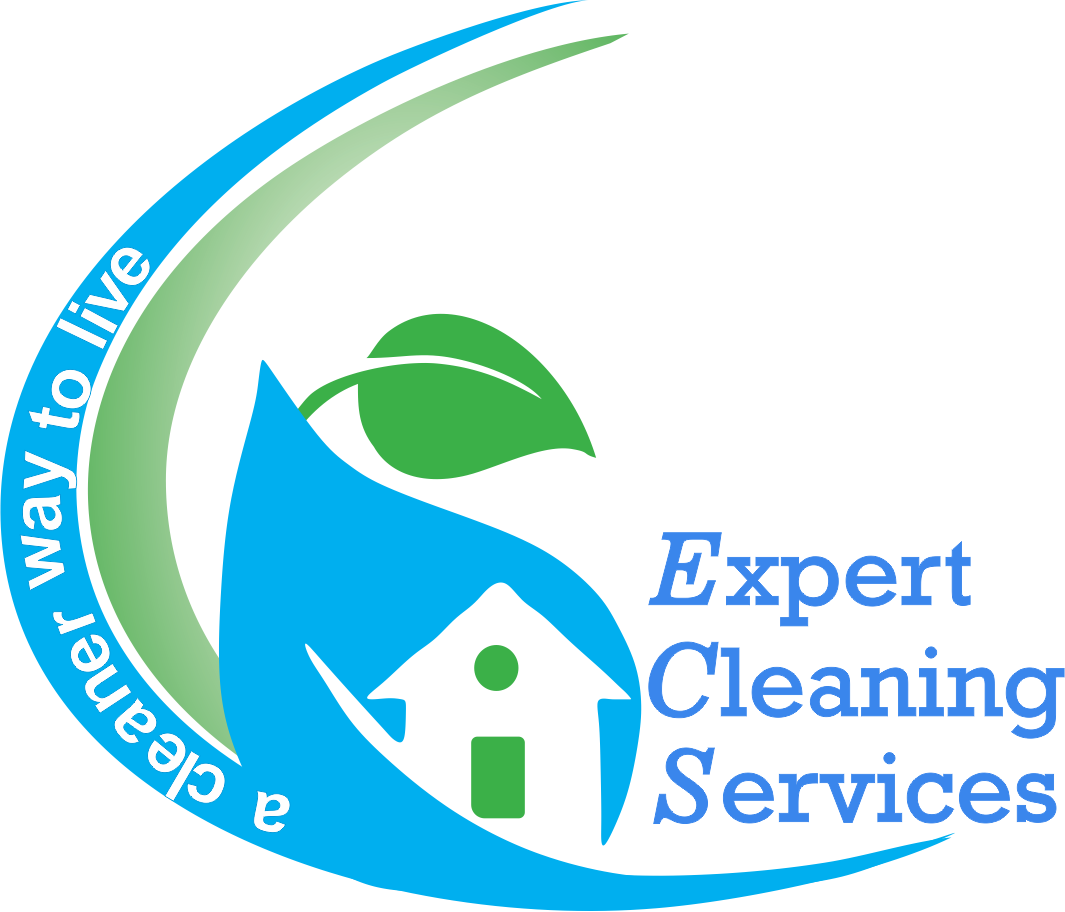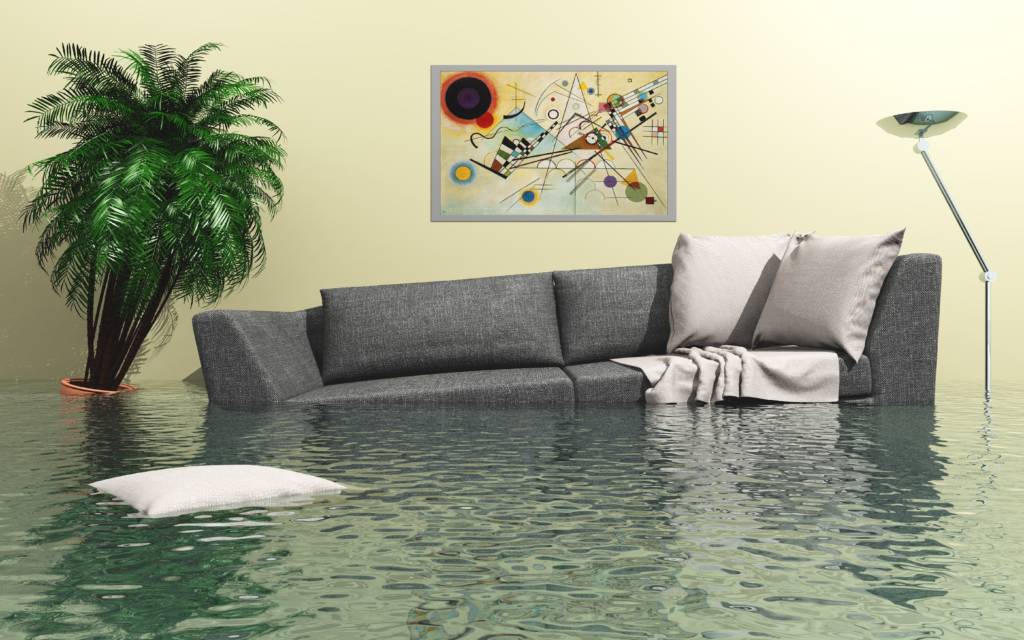Ensure Safety First:
1. Prioritize your safety and the safety of your family members. Evacuate if necessary, especially if you are in immediate danger.
2. Shut off electricity, gas, and water supplies to prevent accidents and further damage.
3. Keep away from floodwaters, as they can be contaminated and pose health risks.
4. Stay informed : Listen to local news and follow weather updates to stay informed about the flood situation.
5. Have an Emergency Kit: Prepare an emergency kit with essential supplies like non-perishable food, water, clothing, flashlights, batteries, and a first aid kit.
Avoid Additional risk
If the flood was serious enough for you to leave your home, be sure you stay safe upon your return. Check for any visible structural damage, such as warping, loosened or cracked foundation elements, cracks, and holes before entering the home and contact utility companies if you suspect damage to water, gas, electric, and sewer lines.
In addition, it’s important to have a working flashlight and turn off all water and electrical sources within the home. Even if the power isn’t operational, it’s a good idea to go to your fuse box and turn off the main, plus all of the individual fuse connections. That way, if the power is reactivated, you’re not at risk for mixing standing water and electricity.
Take Pictures:
Before you remove any water or make any repairs, if it is safe to do so, fully document the damage for your insurer by taking photos or videos.
Call your Insurance Company:
Advise your insurance representative of the state of your home and any repairs you intend to do immediately.
Document the damage and conversation at every stage and get their permission to go ahead with any flood extraction and or repairs.
Act Fast:
After the floodwaters recede, thoroughly clean and disinfect your home to prevent mold and bacteria growth. Make sure you get the water extracted as soon as possible, at least within 24 hours by a professional cleaning company. Most companies also have drying equipment they can rent out to speed up the drying time. If you'd like to save any items, carpets, beds, etc., from flood damage, speed is of the essence here.
Putting off the extraction or letting the carpet dry by itself exposes the items to Mould and permanent damage. Mould can develop quicker than we realize, within 24-48 hours.
Emergency Flood Extraction
If you find yourself in a situation where you need an emergency flood extraction, contact Expert Cleaning Services on one of the following numbers and an emergency team will be send out to assist.
Centurion: 081 507 4352
East Rand: 082 824 4324
Fourways: 072 858 9129
JHB City or South: 067 888 9779
Midrand: 072 072 0225
Pretoria: 068 054 7607
Sandton: 072 289 2094
West Rand: 081 583 0853
Plan for Future Floods
Consider flood mitigation measures such as elevating utilities, installing sump pumps, and purchasing flood insurance to prepare for future flood events.Remember that safety is paramount during a flood. Always follow the guidance of local authorities and evacuate if advised to do so. Floods can be devastating, but taking proactive steps and staying informed can help minimize the impact on your life and property.
Final Thought: Flood water, big or small, effect your home in 3 different ways.
1. Water damage Materials, Skirting boards will disintegrate if they remain wet for too long, wood / laminate floors can swells, electrical parts can short out or malfunction and cause shocks.
2. Mud, silt and unknown contaminants in the water get everything dirty and create a health hazard for you and your family.
3. Dampness promotes the growth of mould and mildew, a fungus that can grow on everything as well as release spores in the air contaminating it.

